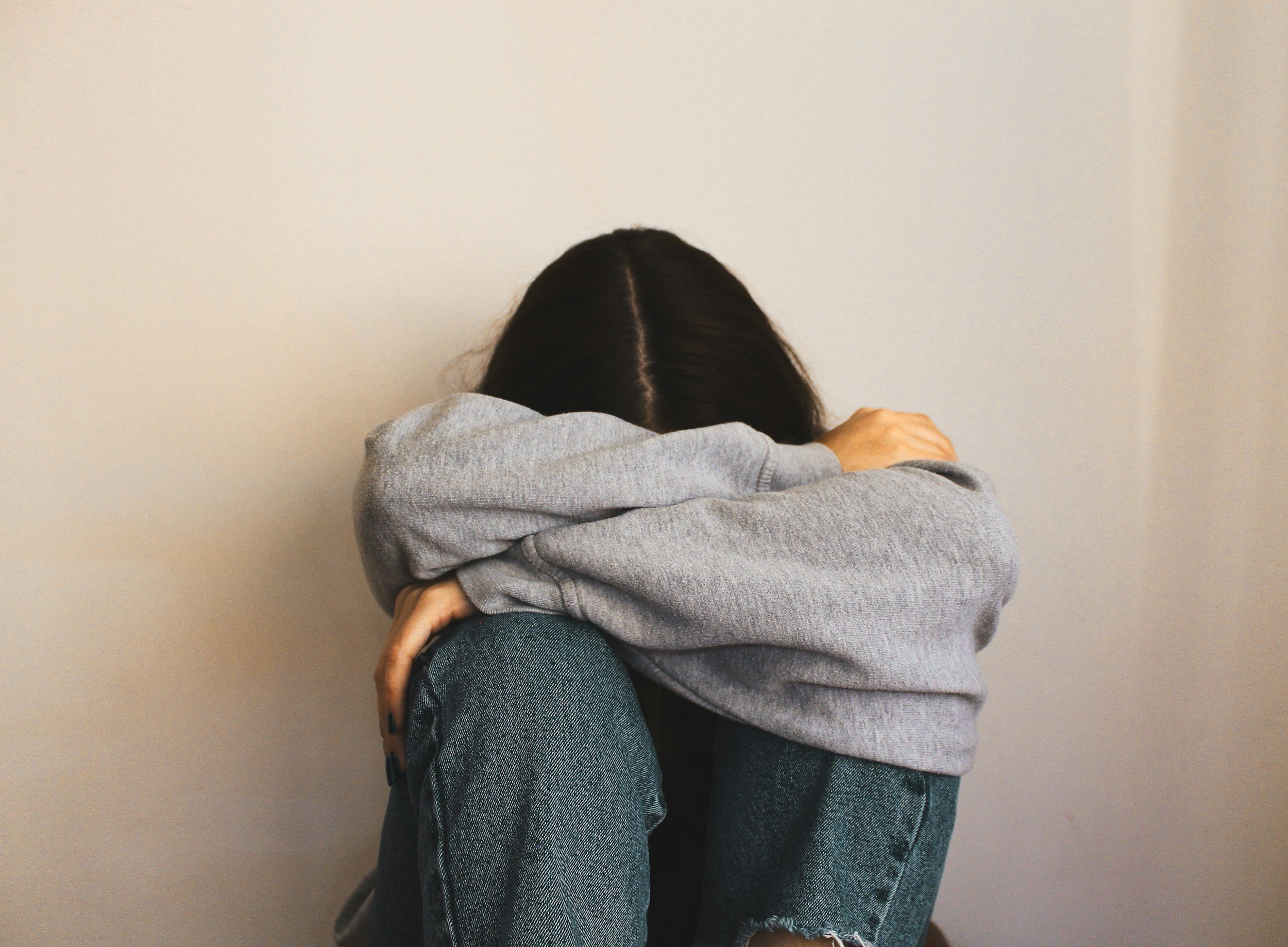ADHD: Exploring Medication and Holistic Approaches
ADHD Support Children and Teens Near Me
It is estimated that a staggering 5% of children have an ADHD diagnosis! Many of these children will go on to receive medication, which has proven to be effective for some. But is medication the only path? Are parents aware of other options that can complement or even replace medication?
Before becoming a hypnotherapist, I spent nearly 30 years as a primary school teacher, educating and working with thousands of children. But looking back, I see that my understanding of ADHD was very limited. The behaviours I associated with ADHD were mostly the stereotypes like: lack of focus, impulsivity, and disruptive actions. It wasn’t until my eldest daughter, now 25, came to me in her early twenties saying she suspected she had ADHD that I started to question my assumptions.
At first, I was unsure. My daughter excelled academically; she attended a grammar school, was a grade-A student, and went on to earn a first-class honours degree. She didn’t exhibit the typical outward behaviours I had observed in children with ADHD. But last year, finally, she was diagnosed with ADHD. Her journey and determination to find answers led me to begin my own journey into truly understanding ADHD. I started reading books about it, attending workshops, and delving into studies on neurodiversity. What I learned was that ADHD often presents differently, particularly in girls and adults. Soon, with my help, my husband was also diagnosed, and eventually, my youngest daughter, who is now 13, received her diagnosis as well.
For many parents, an ADHD diagnosis is a step toward finding the right medication for their child. Medication can be life-changing, and I’ve seen the positive impact it can have on focus and energy levels, particularly with my husband, who feels less fatigued when medicated. However, my decision to have my youngest daughter assessed wasn’t primarily driven by the idea of medication. I wanted to understand how best to support her, and for us, that journey led to exploring other approaches.
I don’t believe in a one-size-fits-all solution for ADHD, as each person’s experience with ADHD is unique, even within my own family. While medication has clear benefits for some, I believe in the importance of having an open discussion about alternative therapies and approaches for managing ADHD.
Given that ADHD is often accompanied by emotional and mental challenges, cognitive and behavioural therapies have great potential to help. Cognitive behavioural therapy (CBT) is one tool I find invaluable for children with ADHD. CBT helps children recognise and adjust negative thought patterns and behaviours. It’s particularly effective at managing anxiety, a common co-occurring condition with ADHD. Many children with ADHD wrestle with self-doubt, believing that others view them negatively or unfairly blaming themselves for events beyond their control. These beliefs can significantly impact their behaviours and self-esteem.
For my oldest daughter, medication didn’t feel like the right path at this point, and I chose the same for my youngest daughter. Instead, I teach them many of the tools I also share with my clients. Breaking tasks into smaller, manageable steps has helped them avoid overwhelm, and visualising success through self-hypnosis has boosted their confidence and resilience.
Helping Children with ADHD: How Hypnosis Can Make a Difference
As a hypnotherapist, I now support children and teens, including many with ADHD, by teaching strategies that build confidence, focus, and self-awareness. By combining cognitive behaviour therapy (CBT) with hypnosis, I help children relax, focus their attention, and become more receptive to suggestions that improve skills like focus and organisation. Hypnosis allows children to develop a stronger sense of control over their thoughts and actions, leading to better decision-making and self-regulation.
Anxiety often co-occurs with ADHD—a reality for my own daughters and many of the young clients I support. CBT can help ease these anxious feelings, giving children a greater sense of calm and confidence. Children with ADHD often feel overwhelmed by their symptoms, and hypnosis offers a powerful tool for empowering them to manage these symptoms more effectively, while boosting their self-esteem.
During hypnosis sessions, I guide children to imagine themselves in a calm environment, where they can focus fully on a single task. Visualising this calmness helps them develop sustained attention. Children are also encouraged to reflect on past challenges they’ve overcome and to practise positive self-talk, which builds resilience and self-belief. I teach children to connect with their subconscious mind, asking it to assist with focus and calmness. This connection deepens their trust in their abilities and strengthens their mental resilience.
As children make progress, I introduce them to self-hypnosis techniques, enabling them to use these powerful tools independently whenever they need support. This gives children the power to become their own therapists.
Working with ADHD has changed me personally and professionally, allowing me to see ADHD beyond the stereotypes and embrace its nuances and challenges. For my family and my clients, embracing the variety of tools at our disposal—whether it’s medication, CBT, or hypnotherapy—has helped us better understand and thrive with ADHD.
If You’re a Parent of a Child with ADHD…
Consider all options, including non-medication approaches, and focus on what truly resonates with your child’s unique needs. Every child’s journey with ADHD is different, and the right combination of support and tools can make a world of difference in their lives


